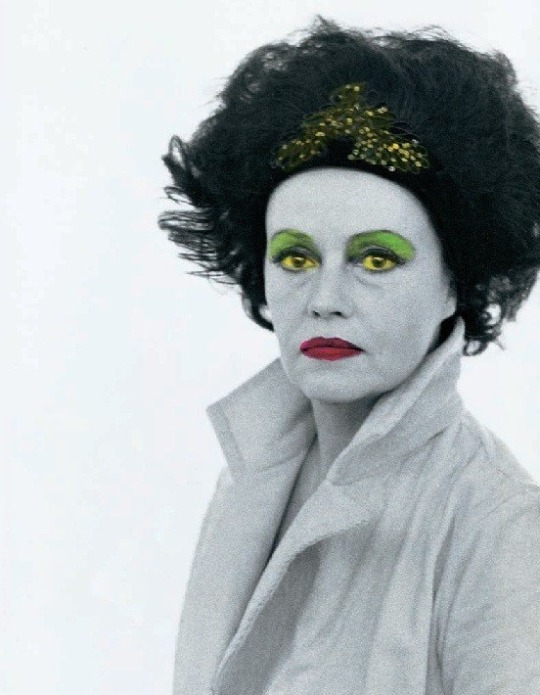#sara facio
Explore tagged Tumblr posts
Text
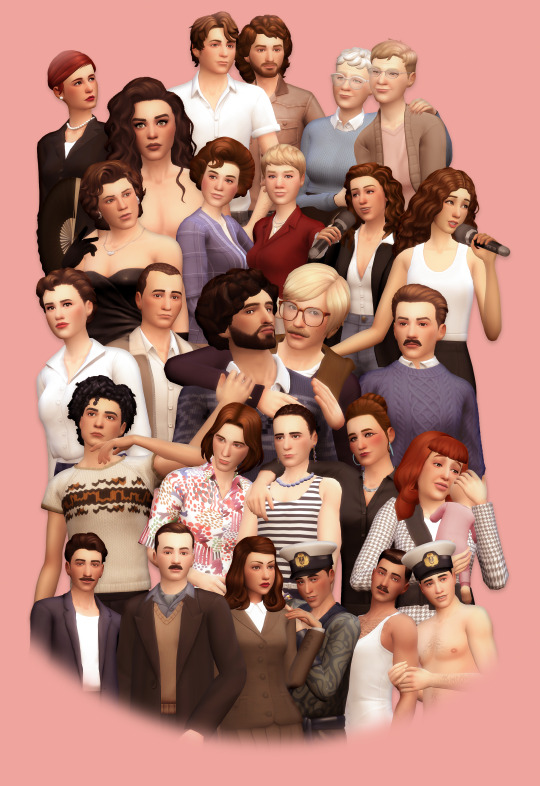
HAPPY PRIDE MONTH
As every year this is a good date to remember the daily struggle for the rights of the LBGT+ community. It is also a time to learn about the people who made it possible for us to identify ourselves as who we are today without fear of reprisals or being punished by the law. This month I got involved in the history of Argentina and its different movements for the fight for rights through the 20th century. Here I come to share some important figures, some more known than others, but obviously there are a lot that I have left out of this publication.
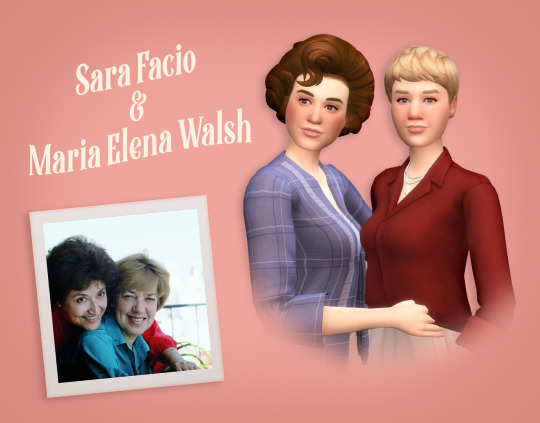
Sara Facio (1932-2024) & Maria Elena Walsh (1930-2011)
A couple of intellectual artists that would need a separate publication to go deeper into the subject. Sara is one of the greatest Latin American photographers who with her camera contributed to the creation of the most outstanding photographic heritage of the country. Maria Elena is a writer, singer and composer whose children's songs resonate to this day because they are much more profound than they seem and are still relevant today.
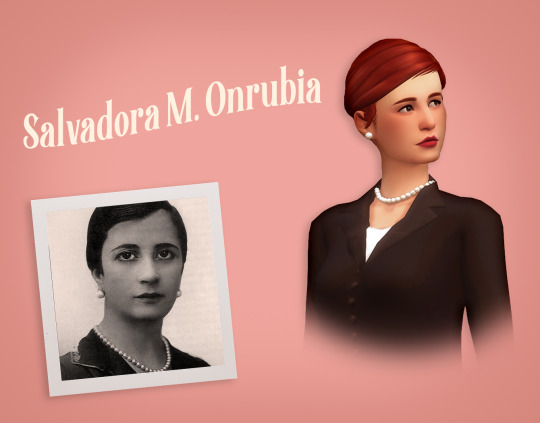
Salvadora Medina Onrubia (1894-1972)
She was a writer, militant anarchist, single mother and the first woman to run a newspaper in the country. She was the first Argentinean woman to dare to write about double sinners, lesbians and adulteresses. One of her most valued plays was Las descentradas, premiered in 1929. There, Salvadora honors her own contradictions, narrating women who question monogamous structures, marriage and the traditional family.
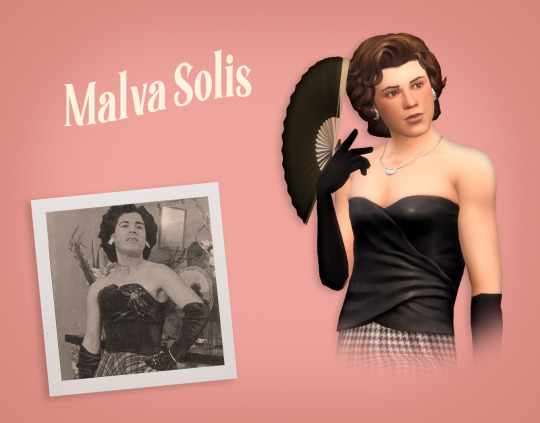
Malva Solis (1920-2015)
She was a transvestite writer who lived for 95 years when the life expectancy of this community in the country was under 40 years old. In 1951 founded the first trans organization on record, Maricas Unidas Argentinas. She has the oldest series of trans photographs in the country, dating from 1940 to 1980, when simply having those photographs at home was cause for being arrested. There is a documentary based on the photographs and conversations with her at her home called "Con Nombre de flor".
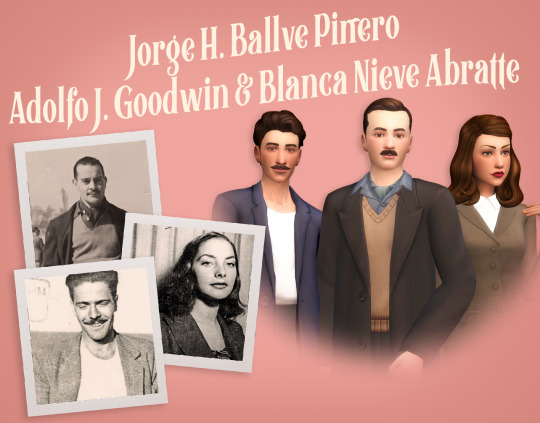
Jorge Horacio Ballve Piñero (1920-?)
Piñero was a young man from a well-to-do family of the Buenos Aires society at the beginning of the century. Together with his best friend Adolfo and Blanca, he organized gatherings in his apartment in Recoleta, and was a pioneer of male erotic photography. They mixed the privileged social class with workers, dishwashers, gas station workers, sailors and cadets from the Military College. These three characters were involved in a police case involving cadets from the military college, known as the Cadet Scandal. In the police archives remain captive the photographic collection, intended for pleasure and personal aesthetic enjoyment that tragically proved key to incriminate some friends who just wanted to have fun.
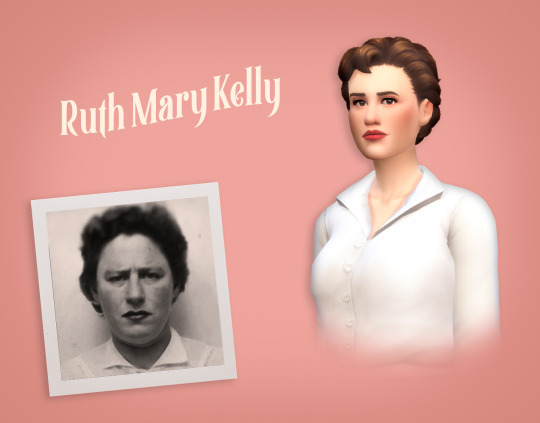
Ruth Mary Kelly (1925-1994)
She was a bisexual woman, who worked as a "Wohoo Worker". Founder of Grupo Safo in 1972, the first Argentine lesbian organization, and of the Frente de Liberación Homosexual (Homosexual Liberation Front). In 1972 she wrote Memorial de los Infiernos about her experiences as a "Wohoo" worker and bisexual, persecuted by the psychiatric-prison system.
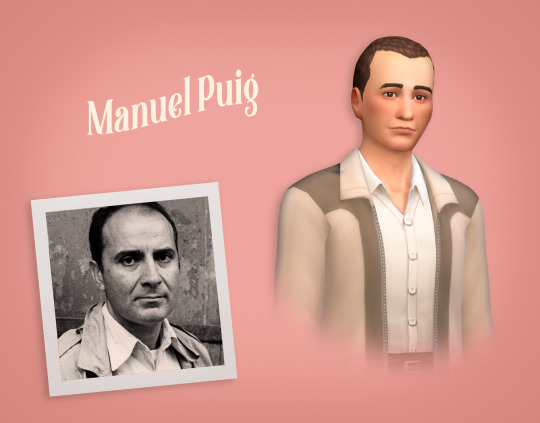
Manuel Puig (1932-1990)
He was an Argentine writer and LGBT+ activist, author of the novels Boquitas pintadas, El beso de la mujer araña (Considered one of the most recognized LGBT works in Latin America and one of the best works in Spanish of the 20th century) etc. He also fought against authoritarianism and machismo, and was one of the founders of the Homosexual Liberation Front in 1971, one of the first associations for the defense of LGBTQI+ rights.
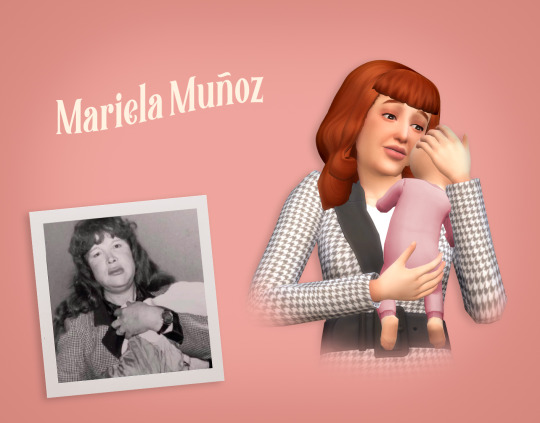
Mariela Muñoz (1943-2017)
She was the first transsexual woman to be recognized by the state and given a female ID card on May 2, 1997. At the age of 16 she became independent, and it was then that she began caring for children, teenagers and single mothers. She cared for children who had been abandoned by their mothers, whom she loved and cared for. She raised, during her lifetime, 23 children and 30 grandchildren. In a dispute over the guardianship of 3 children in 1993, Argentina was confronted for the first time with the debate as to whether a transsexual person "could be a mother"
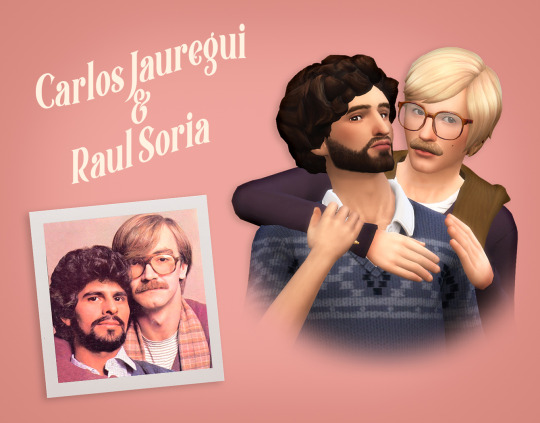
Carlos Jauregui (1957-1996) & Raul Soria
Carlos was a History professor and the founder of the Civil Association Gays for Civil Rights, organizer of the first Pride march in Buenos Aires and an essential figure for Argentine activism. In 1984, he broke with the schemes by appearing in the magazine Siete Días embracing the activist Raul Soria, a homosexual person assumed his sexuality in a public way for the first time. He believed that media visibility is fundamental for LGTB people. Leaving aside the fear and silence that other generations suffered for years. In 1985, Raul would present himself as the first gay candidate for congressman in the country.
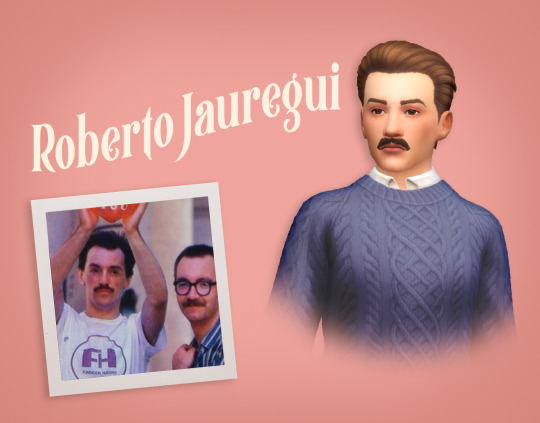
Roberto Jauregui (1960-1994)
Brother of Carlos, was a journalist, actor and the first activist for the rights of people with HIV in the country. In 1989 he exposed the inequality in access to treatment at that time due to the price of medication. He played a central role in marches, actions, talks and interviews to demand human rights for people living with the virus. A well-known phrase of his is "Showing one's face is not easy in a society that discriminates, censures and separates".
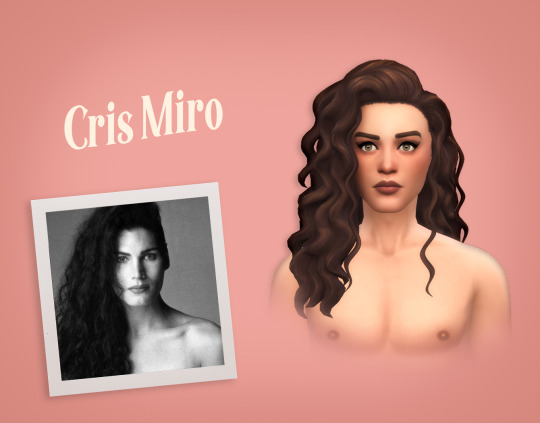
Cris Miró (1965-1999)
Cris was the first visible trans people that appeared in the media and broke with the "transvestite" paradigm. A dental student, she got involved in the artistic underworld and later studied classical dance, musical comedy and acting. Her career was meteoric: the popularity of revue theater catapulted her to the small screen where she became a sought-after figure in the most popular programs. On June 23rd, a series about his life inspired by his biography was released, available on Prime Video.
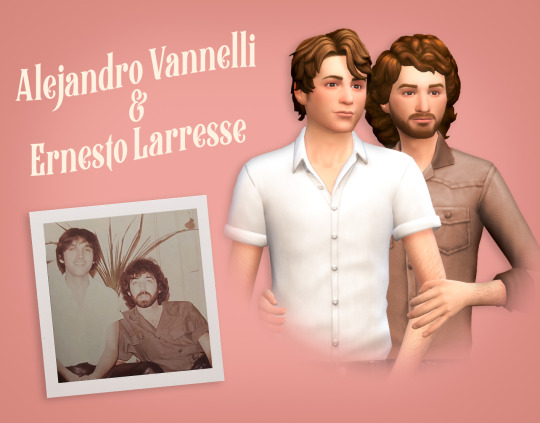
Alejandro Vannelli (1948-) y Ernesto Larresse (1950-)
They were the first couple in the province of Buenos Aires to get legally married on July 30, 2010 after the Equal Marriage Law was passed. They met in 1976 because of a triple A bomb in the theater where Larresse was performing with Nacha Guevara, then he joined the cast of Vannelli. At the beginning they did not like each other because of Vanelli's appearance as a wealthy young man and Larresse was the opposite, but opposites attracted and they were a couple for 34 years.
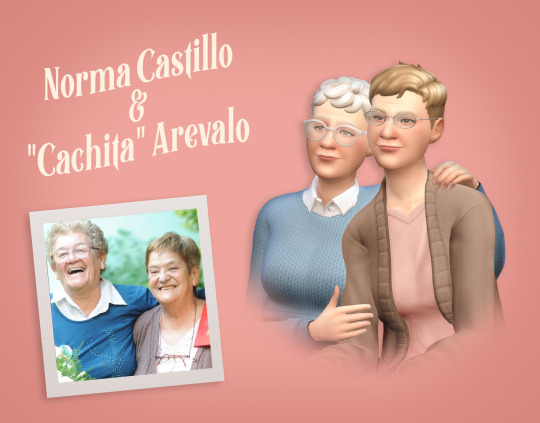
Norma Castillo (1943-) y Ramona "Cachita" Arévalo (1943-2018)
They were the of South America's first gay marriage on April 9, 2010. Norma and Ramona were married to two Colombians, who were cousins to each other. During the dictatorship they both went into exile in Colombia and there they fell in love and lived their romance clandestinely, until Cachita separated and Norma was widowed by her husband. They lived their love freely and even opened an LGBT discotheque in Colombia. In 1998 they returned to Argentina and began to work in sexual diversity organizations.
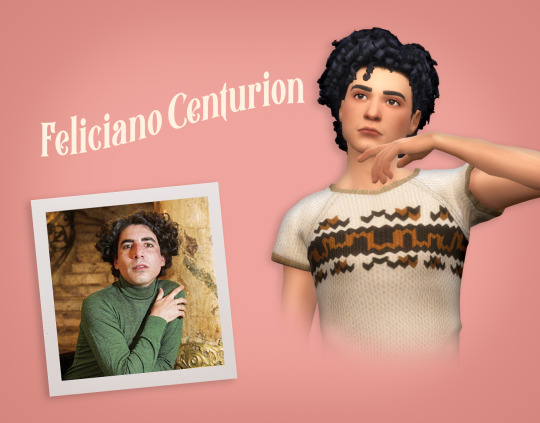
Feliciano Centurión 1962-1996)
He was a visual artist, a Paraguayan painter professionally trained in Argentina. He grew up in a home dominated by women, where he learned to sew and crochet. Inspired by queer aesthetics and folk art, he used to incorporate household textiles and references to the natural world. She handled kitsch art and languages not considered high art with a great deal of knowledge and sensitivity.
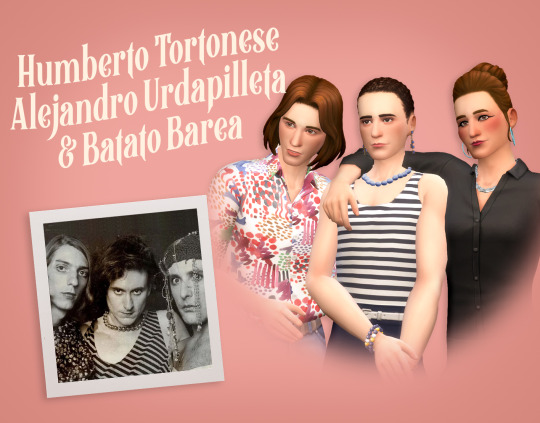
Humberto Tortonese (1964-) , Alejandro Urdapilleta (1954-2013) & Batato Barea (1961-1991)
Batato was an actor and "literary transvestite clown" as he called himself, one of the most important personalities of the underground theater movement of the post-dictatorship years. Together with Alejandro Urdapilleta and Humberto Tortonese, revolutionized the underground scene of the 80's - in places like the Parakultural. They disguised themselves, wore make-up and improvised delirious and strident scenes for the decade.

Sandra Mihanovich & Celeste Carballo
Sandra and Celeste are two singers who were visibly lesbians during the 80s and early 90s. Together they released the albums "Somos mucho mas que dos" and "Mujer contra mujer" which became a symbol of belonging for the whole LGBTQ arc in our country. They managed to be part of the rock scene, an area historically dominated by men. Sandra among all her songs is "Soy lo que soy" released in 1984 composed by Henry Jerman.
#Argentina LBGT#Lgbt Latin America#ARG Queer#lgbt#lgbt love#gay pride#bisexual pride#lesbian pride#pride month#the sims 4#sims 4 pride#sims 4 edit#sims 4 render#ts4 lgbt#lgbt history#queer history#victorian lgbt#PrideFlagLegacy#pride flag legacy challenge#ts4 historical#sims 4 historical#Cris Miro#Sandra Mihanovich#Celeste Carballo#Maria Elena Walsh#Sara Facio#Ballve Piñero#Carlos Jauregui#Roberto Jauregui#Feliciano Centurión
302 notes
·
View notes
Photo

Sara Facio
Gender: Female
Sexuality: Lesbian
DOB: 18 April 1932
Ethnicity: White - Argentinian
Occupation: Photographer
Note: Instrumental in establishing a publishing house for photographic work in Latin America and for the creation of a prominent photographic exhibition space in Argentina.
100 notes
·
View notes
Text

Ernesto Sábato, por Sara Facio
31 notes
·
View notes
Text




7 notes
·
View notes
Text

3 notes
·
View notes
Text
Don't forget her!!! One of my country's most influential poets, writers, musicians, and more. Maria Elena Walsh.

She wrote songs that defined a lot of childhoods, including mine, many childrens book as well as fervently standing against the military dictatorship. She passed away at 80 years old, in a relationship Sara Facio, who is 92 and alive this year.





















some of my favorite replies to this tweet. happy lesbian visibility week!
60K notes
·
View notes
Text

perdón porque sea un screenshot de 3 pixeles pero amo esta foto de sara facio. nobody asked him to slay that hard
3 notes
·
View notes
Text
Hablando de Chomsky a mí me pasó un poco lo contrario pero con Sara Facio. Falleció hoy pero yo ya la había matado hacía rato 😬. Al menos se reencontró con María Elena ♥️
5 notes
·
View notes
Text
Se realizará una función especial de "Sara Facio: Haber estado ahí", de Cinthia Rajschmir en Cine Gaumont
El próximo Lunes 10 de febrero a las 20hs se realizará una función especial del documental “Sara Facio: haber estado ahí” dirigido por Cinthia Rajschmir, en la sala 1 del Cine Gaumont, Avenida Rivadavia 1635. El film fue declarado de Interés Cultural por la Legislatura de la Ciudad Autónoma de Buenos Aires, tuvo su premiere mundial en el Bafici 2023 y recorrió festivales internacionales…

View On WordPress
0 notes
Text

Jorge Luis Borges, por Sara Facio
28 notes
·
View notes
Text

<<Después de los postres, Rulfo salió a la terraza como aturdido por el sol, y yo me le acerqué, y con toda la pedantería del joven profesor universitario, me puse a explicarle sus cuentos de “El llano en llamas” ante su rostro pétreo que sin embargo no mitigaba mi locuacidad. En eso se acercó Neruda seguido de la fotógrafa Sara Facio, colocó su mano fraternal sobre Rulfo y le dijo: “Permíteme, Juan, que tu hombro honre mi mano”>>
Antonio Skármeta.
____________________________________
Aquí, sobre
estas olas
está el recuerdo
de tantas
lágrimas
que han
navegado
a través de
días y años
en la soledad
de una luna
olvidada.
Para ti querido
Juan nace
este canto
perdido a
orillas del
mar.
Pablo Neruda
Para Juan Rulfo
querido amigo
de paso por Isla Negra
1969.
0 notes





